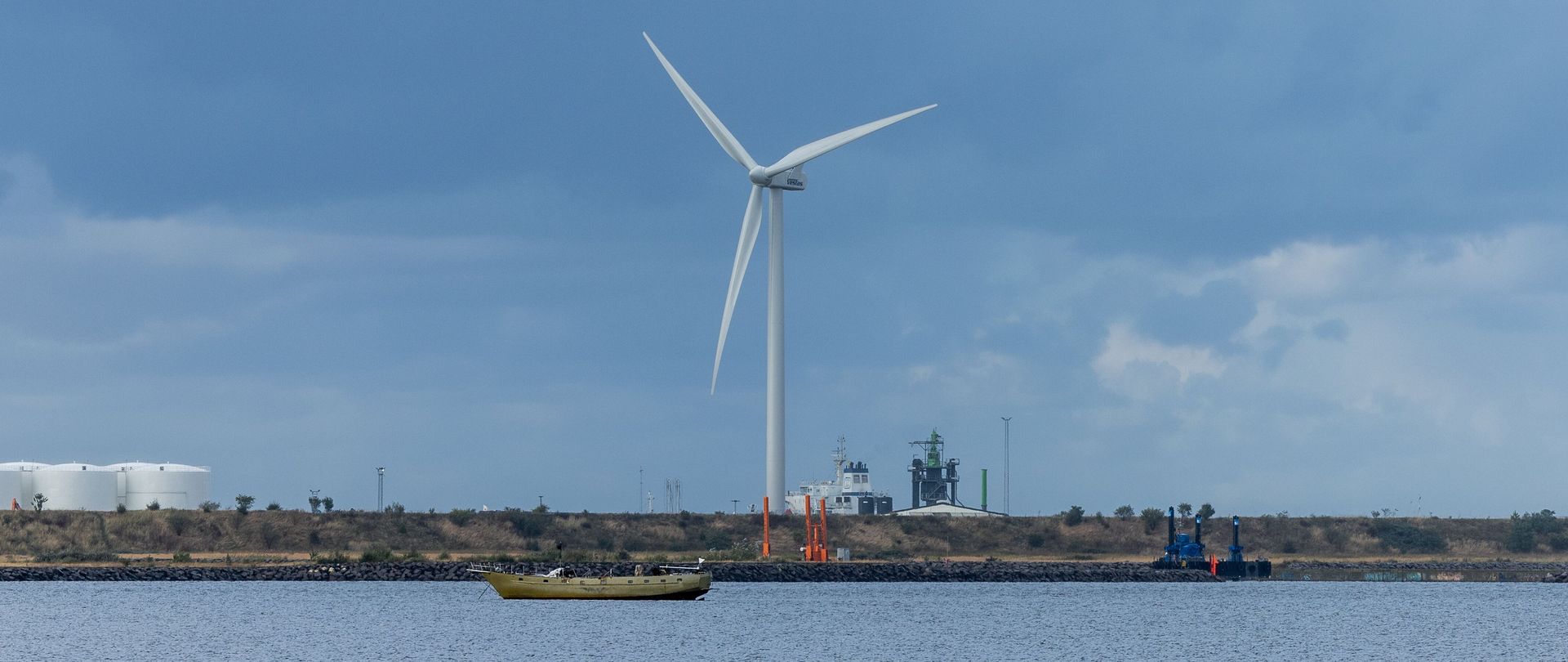
A view of the Middelgrunden wind farm in Copenhagen, Denmark
© picture alliance / NurPhoto | Manuel Romano
Transformation of the energy system
The energy sector has a key role to play in achieving the Paris Agreement. With global energy demand continuing to grow, emissions rising and energy commodity prices highly volatile, national energy systems around the world are under increasing pressure to transform. This applies not only to the energy mix, but also to the technologies and infrastructure for energy supply, transport and consumption. Industrialized, emerging, and developing countries are pursuing very different strategies and policies in this regard. However, even within these country groups, the transformation processes differ considerably due to very specific institutional, economic, and social conditions. The role that the socioeconomic sustainability of energy supply plays in economic stimulus programs will continue to be decisive for the progress of the transformation.
Publications
-
The Geopolitics of the Energy Transition in Greater Asia
Background, Dynamics, and Trend Mapping from within the Region
SWP Comment 2025/C 01, 13.01.2025, 7 Pagesdoi:10.18449/2025C01
-
Podcast: Challenges and Cooperation between the Italian and German Energy Industry in the Energy Transition
in: An Italian-German Dialogue on Energy Security and Transition amid Russia’s War on Ukraine, Istituto Affari Internazionali, 6.3.2024 -
Coal, Oil and Gas Going into Extra Time
The Narrative of Abated Fossil Fuels Threatens to Undermine the Paris Climate Targets
SWP Comment 2023/C 54, 27.11.2023, 7 Pagesdoi:10.18449/2023C54
-
The Geopolitics of Hydrogen
Technologies, Actors, and Scenarios until 2040
SWP Research Paper 2023/RP 13, 16.11.2023, 45 Pagesdoi:10.18449/2023RP13v02
-
Omani Hydrogen for Germany and the EU
Not just a matter of energy policy
SWP Comment 2023/C 18, 21.03.2023, 8 Pagesdoi:10.18449/2023C18
-
Evaluation of Net-Zero Carbon and 100% Renewable Energy Scenarios for 2050 and Beyond
In: Wood, G., Onyango, V., Yenneti, K., Liakopoulou, M.A. (eds) The Palgrave Handbook of Zero Carbon Energy Systems and Energy Transitions. Palgrave Studies in Energy Transitions. Palgrave Macmillan, Cham; October 2022doi:10.1007/978-3-030-74380-2_38-1